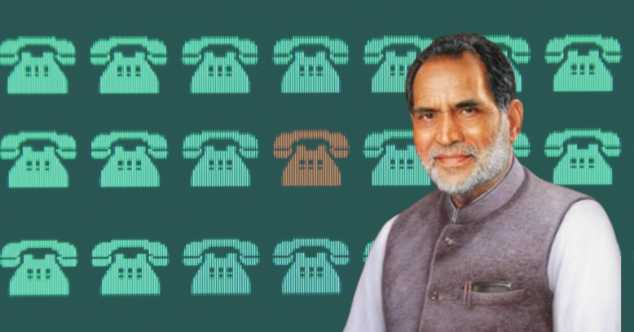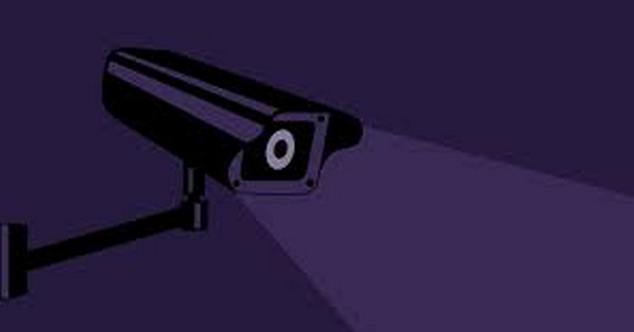Analysis
SC Judgment Review 2021: Freedom of the Press
The Court recognised that press freedom and privacy were allies and that the fear of surveillance is an ‘assault’ on the press.

Freedom of the Press is a key democratic value as the press is responsible for disseminating information to citizens, ensuring democratic accountability. Emphasising the role of the press in upholding constitutional values, the SC drew a link between privacy and press freedom. The Court also stressed that the Right to Freedom of Speech and Expression plays a key role in ensuring this freedom.
1. Manohar Lal Sharma v Union of India
On July 18th, an international consortium of 17 media organisations and Amnesty International called the Pegasus Project leaked a list of 50,000 phone numbers which were potentially targeted by the Pegasus Spyware. Multiple petitions were filed by affected journalists, activists and politicians, demanding a judicial probe to investigate the Indian government’s use of the spyware.
On October 27th, the Court passed an interim order in Manohar Lal Sharma v Union of India, constituting a Technical Committee to conduct the Pegasus probe. The Bench emphasised that even a lawful encroachment on the Right to Privacy has to be proportional to the purpose of the law. The Union Government cannot invoke national security to evade accountability. The Bench recognised the link between the Right to Privacy and Freedom of Speech, noting that a breach of privacy can lead to self-censorship. They said that press freedom and privacy were allies and that the fear of surveillance is an ‘assault’ on the press, which is the fourth pillar of democracy.
The Bench appointed a Technical Committee to be overseen by former Supreme Court Justice R.V. Raveendran. This Committee will determine whether Pegasus was used to surveil Indian citizens, and whether it was done lawfully. They must also make recommendations on improving the nation’s cybersecurity measures to protect citizen’s Right to Privacy and provide grievance redressal mechanisms in cases of illegal surveillance.
The late Journalist Vinod Dua was charged with sedition over a YouTube video he made in 2021, criticising the government. He challenged the FIR, arguing that he was merely exercising his rights under Article 19(1)(a) of the Constitution, and that the offense of sedition was not made out. He also sought directions to ensure that no FIR be registered against a person belonging to the media with at least 10 years of standing unless cleared by a Judicial Committee
On June 3rd, a two-judge bench of the Court quashed the FIR, but rejected the plea of a committee for screening FIRs on journalists. Relying on the judgment in Indian Express Newspapers (Bombay) Private Ltd v Union of India the Court stated that the freedom of press was the ‘heart of social and political intercourse’.











